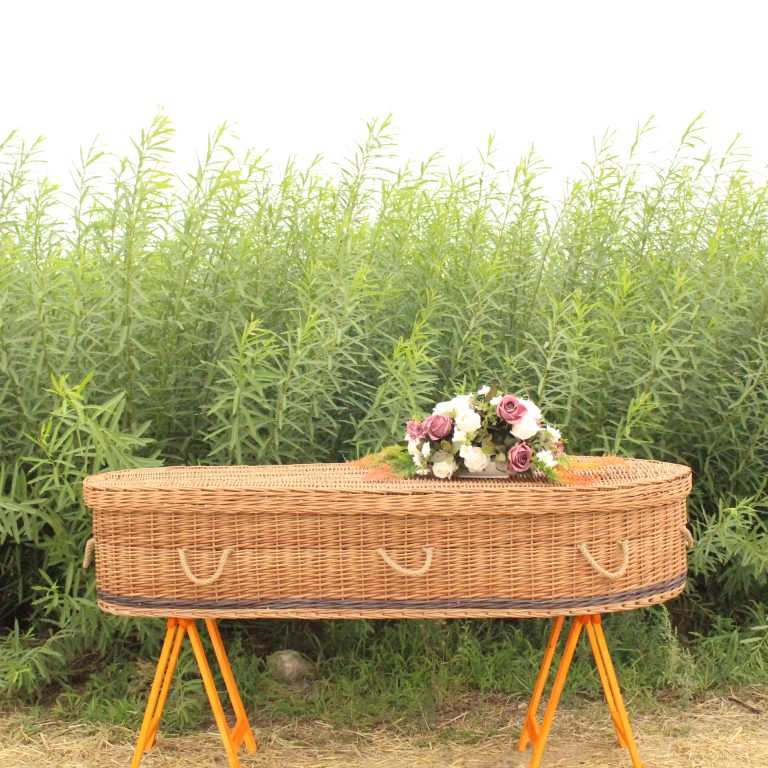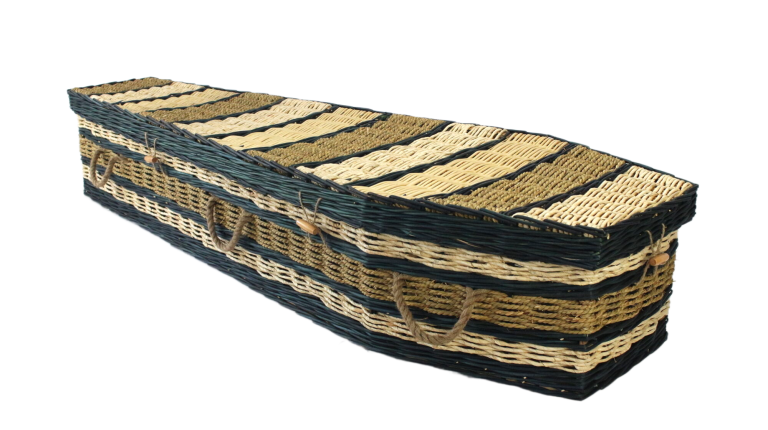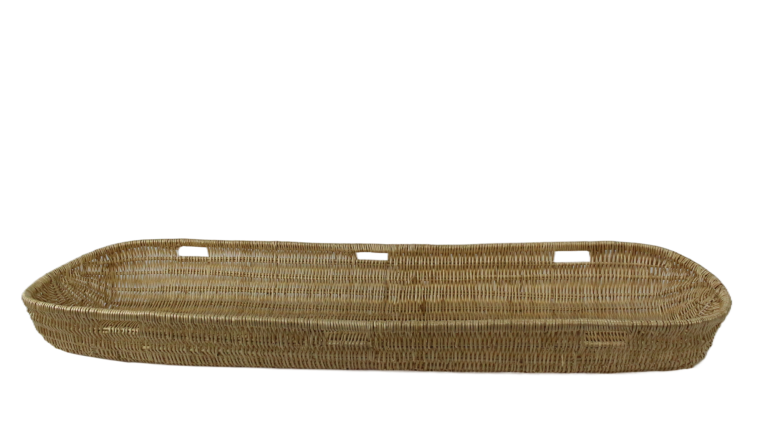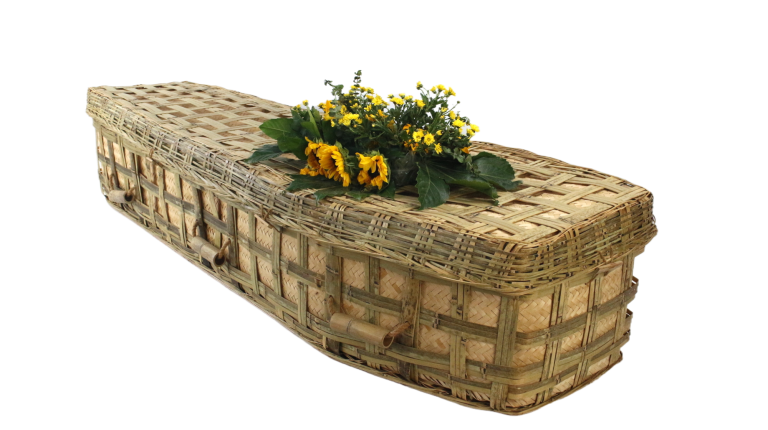I. Average Cost and Composition of Funerals in the UK
According to the 2024 National Association of Funeral Directors (NAFF), According to data from the UK Department of Directors, the average cost of a UK funeral is approximately £4,000-6,000. The breakdown includes:
1. Basic service fees (the largest component): funeral home handling, transportation, and refrigeration costs, approximately £1,500-2,500;
2. Coffin/urn: Standard coffins cost approximately £500-1,000, while luxury models can cost thousands of pounds;
3. Cremation/Burial: Crematorium fees (including cremation permits) are approximately £500-1,000. Burial costs vary widely due to the price of cemeteries (city cemeteries are more expensive), and are typically 20%-50% higher than cremations. In some areas, cemetery fees alone can exceed £2,000;
4. Ceremony-related expenses: church or venue rental, clergyman’s fees, flowers, obituary notices, etc., approximately £500-1,500;
5. Administrative costs: official documents such as death certificates and cremation/burial permits, approximately £100-300.
II. Cost Sharing Methods
Funeral expenses in the UK are primarily covered by the following methods:
1. Estate: If the deceased leaves behind savings, property, or other assets, expenses are generally deducted from the estate first;
2. Family Member Payments: If the deceased leaves no estate, expenses are shared by relatives or family members;
3. Government Subsidy: Low-income families can apply for a “Funeral Payment,” provided by the Department for Work and Pensions (DWP). The maximum subsidy in 2024 is approximately £1,000-1,500, but strict conditions must be met (such as a household income below a certain threshold or savings below £16,000).
4. Pre-purchased Funeral Plan: Some people purchase insurance in advance, with the insurance company paying the expenses directly upon death, thus minimizing the burden on their families;
5. Charitable Aid: A few charities, such as Quaker Social Action, provide small grants or free basic services to extremely poor families.
III. Differences between the Rich and the Poor
The gap between the rich and the poor in funeral expenses, choices, and financial pressures is significant, centered around the differences between “necessity” and “choice”:
1. Funerals for the Poor: Focusing on “Minimum Cost” and Relying on Subsidies
– Expenditure Level: Most poor people choose basic cremation, keeping total costs to £2,000-3,000 (half the average), or even lower (e.g., using simple, public-service coffins, skipping ceremonies, or choosing free or low-cost burial plots).
– Financial Pressure: Approximately 20% of impoverished families cannot afford the cost and rely on government subsidies (which only cover part of the cost, requiring loans for the remainder). Some families even postpone or simplify funerals due to debt.
– Limited Choice: With little choice, they are forced to accept the funeral home’s “basic package,” unable to consider personalized needs (such as special ceremonies or memorial items). 2. Funerals for the Rich: Focusing on “personalization and ritual,” with no upper limit on expenses
– Expenditure Level: Funerals for the wealthy typically cost over £10,000, and can even reach hundreds of thousands of pounds. For example:
– Customized luxury coffins (e.g., gold-plated or gem-encrusted), can cost between £5,000 and £20,000 per piece;
– Private burial plots (e.g., high-end cemeteries in suburban London), can cost between £10,000 and £50,000 per plot;
– Large-scale ceremonies (renting a castle or church, hiring a renowned minister or band, custom floral arrangements, etc.), can each cost over £5,000;
– International transportation of remains (e.g., repatriation to the country of origin), typically costs over £10,000.
– Financial Resources: These often come from inheritances, pre-purchased high-end funeral insurance (with annual costs in the thousands of pounds), or family funds, resulting in virtually no financial burden. – Choice: The process can be fully customized, including funeral options (e.g., natural burial, tree burial, and other niche practices) and memorialization (e.g., building a monument or establishing a charitable foundation).
Summary
The “rich-poor gap” in funeral costs in the UK is essentially a continuation of the “disparity in living resources”: the poor are forced to complete the necessary procedures at the lowest cost, even going into debt, while the wealthy can achieve personalization and a sense of ceremony through high expenditures. The difference between the two in terms of cost scale, choice, and financial pressure is enormous. While government subsidies can alleviate the pressure on some poor families, their limited coverage makes it difficult to bridge the overall gap.
Roconly Funeral Supplies Co.,Ltd.
https://roconly.com/
Whatsapp: +86-18265103836 (Whatsapp & Wechat & Tel)
Email: jason@roconly.com
roconlycoffins#everecoffin#willowcoffins#bamboocoffins#burialflowerbands #naturalfuneral#flowerbands#woodcross#shrouds#cremation#greenfuneral #craftsmanship #chinafactory
We are a factory supporting eco friendly green funeral(natural willow coffins\bamboo caskets and so on) .. for detail please contact us www.roconly.com;
Whatsapp: +86-18265103836 (Whatsapp & Wechat & Tel)
Email: jason@roconly.com All of our woven #coffins are made from 100% natural & #biodegradable materials, there are no plastics, metals, resins, varnishes or other chemicals going into the ground as they decompose#roconlycoffins #everecoffin#willowcoffin #bamboocaskets #ecofriendly #cremations @everyone@followers
All of our woven #coffins are made from 100% natural & #biodegradable materials, there are no plastics, metals, resins, varnishes or other chemicals going into the ground as they decompose#roconlycoffins #everecoffin#willowcoffin #bamboocaskets #ecofriendly #cremations @everyone@followers





